Most people would certainly think that taking a pee in the pool is gross, and who can disagree with them as no one wants to swim in other people’s pee. It does happen though, perhaps more often than you may think, particularly with small children.
Peeing in the pool might sound relatively harmless, particularly as a pool has chlorine and filters to keep the water clean but it is definitely not a good idea.
Urine can react with chlorine to produce unpleasant chemical compounds such as chloramines and also reduce the amount of free chlorine in the pool that is available to deal with any germs and other contaminants.
So what does this mean for the water quality and what should be done to counter it, if anything?
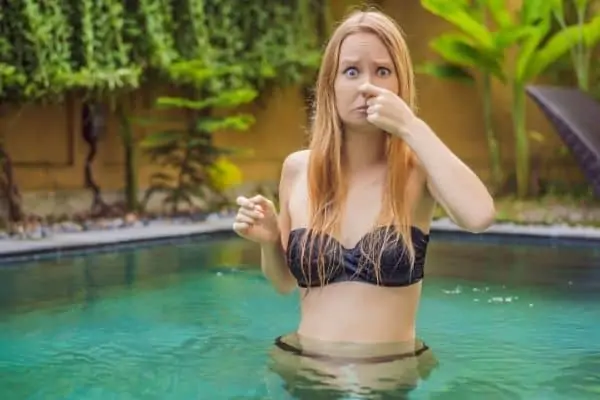

Is pee sterile?
For many years it was always believed that urine in healthy people is completely sterile but scientists have now shown that it is a myth that urine is sterile.
Urine normally does contain bacteria so urine is not sterile or germ-free after all as this link to an article from the Journal of Clinical Microbiology shows – Urine Is Not Sterile but does contain some levels of bacteria particularly if swimmers have a urinary tract infection.
So what does that mean for the water quality and what should be done to counter it, if anything?
Does chlorine kill pee in the pool?
Chlorine and other chemicals used in pool domestic and public pools do a good job of killing any germs that may exist in urine that is left by swimmers, which is good news.
However, chlorine and other pool chemicals get used up quickly dealing with urine so the chlorine levels will fall leaving less available to deal with other bacteria.
The not-so-good news about what happens when you pee in the pool is that urine and chlorine create a chemical reaction to produce trichloramine and cyanogen chloride.
Both of these can be inhaled by bathers and in some circumstances can cause health problems, particularly for those with respiratory conditions that may bring on an asthma attack.
Advice from the CDC
The CDC (Center for Disease Control) states
“Pee in the toilet, not in the pool! When people pee in the pool, it leaves less chlorine available to kill germs. Learn more: https://go.usa.gov/xmkFK.”
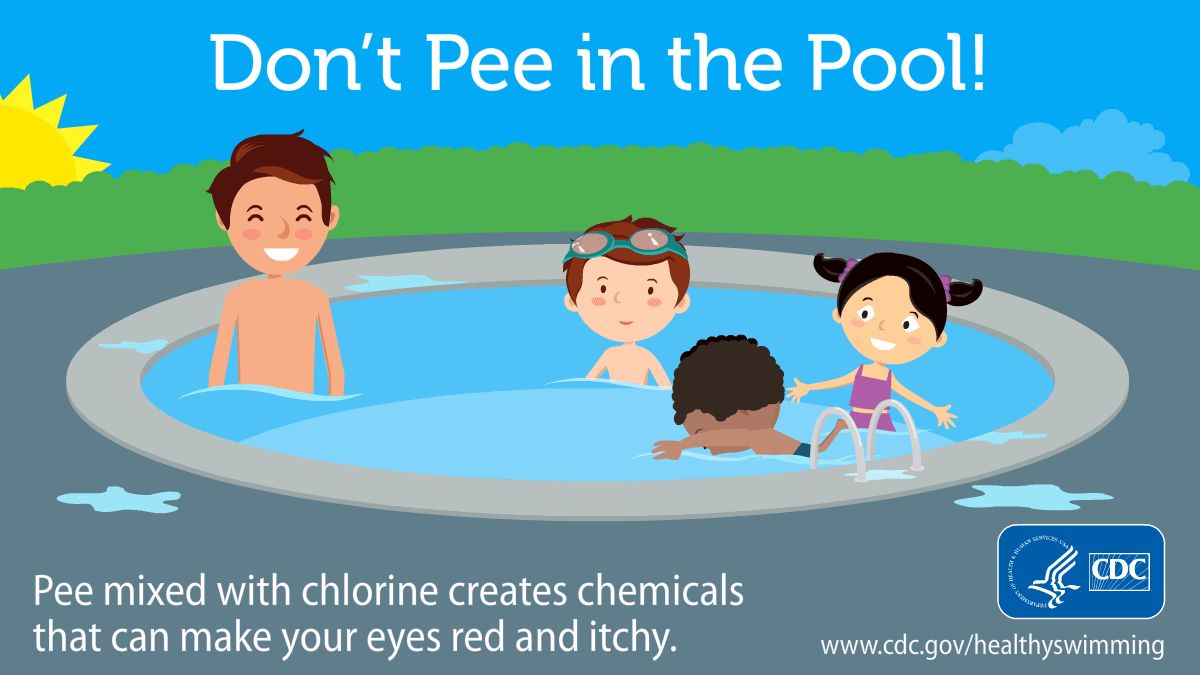
Does pee turn blue in swimming pools?
Many people seem to believe that, particularly in public swimming pools, a chemical is put in the pool water which will turn blue or some other color to show that a person is in the pool peeing.
The reality is that no such chemical is used, or exists. But the myth is a good one as it must prevent some from peeing in the public swimming pool who would otherwise do it.
Why do kids pee in the pools?
Children are probably the biggest culprits when it comes to peeing in the swimming pool. I am reliably informed by my wife that little girls are worse than little boys for this too.
Babies in the pool can also be a problem and not just with pee but also fecal matter. There is little you can do about that apart from ensuring they wear a diaper specifically designed for use in swimming pools or even banning babies from your pool.
There are a number of things you can do to try and stop children from peeing in the pool when nature calls, all of it is common sense:
- Before children go in the pool get them to visit the bathroom
- Children can often play in a pool for hours so every so often get them out to revisit the bathroom, particularly if they have drinks on the go as well if it is hot
- Try to educate them – not always easy of course
- Buy one or more of the signs below to remind them (and anyone else using the pool)
No peeing in the pool sign
There are a number of humorous pool signs designed to make people aware that they shouldn’t pee in the pool. This is a small selection (click on the image to check on Amazon):
Can you tell if someone peed in the pool?
There is no easy way to tell if this has happened unfortunately except if you can actually smell that “public pool chlorine smell” which will probably be the chlorine reacting with uric acid and producing trichloramine.
To actually find out requires thorough testing to establish which is obviously outside the capabilities of home pool owners.
You may find this video interesting about testing how much pee is in a pool:
Why do people pee in pools?
There are two probable reasons why after people have been in a swimming pool for a while they feel the need to pee, even if they went just before getting in.
- When we get in the water the body feels it is weightless. When this happens blood moves out of the legs and arms into the chest area. This has the effect of telling your kidneys to get rid of excess water in the blood which it does by producing more urine.
- If the swimming pool water is cold, or at least cool, then your body constricts your blood vessels in order to try to keep your vital organs warm in a process called “cold diuresis” which your body does in a survival situation. This increases your blood pressure which your body then reacts to by your kidneys removing some of the liquid in your blood in the form of urine so your bladder fills quickly.





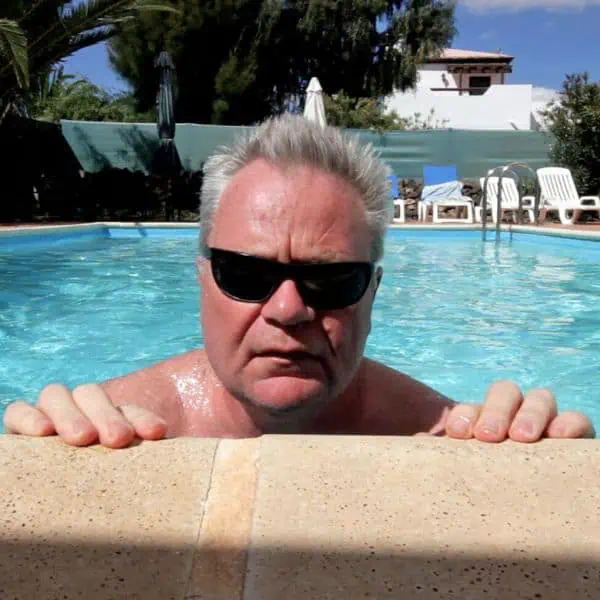
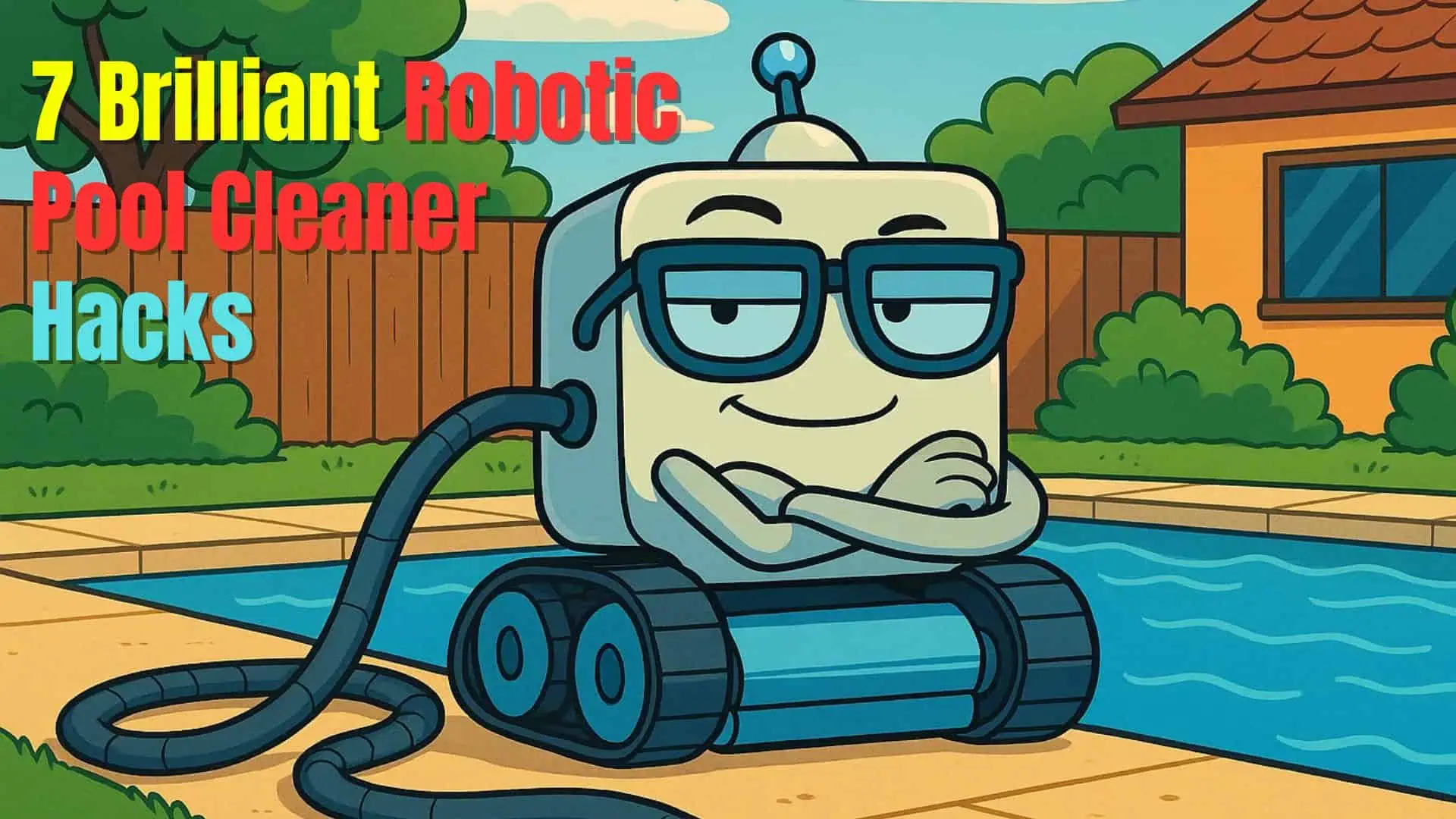
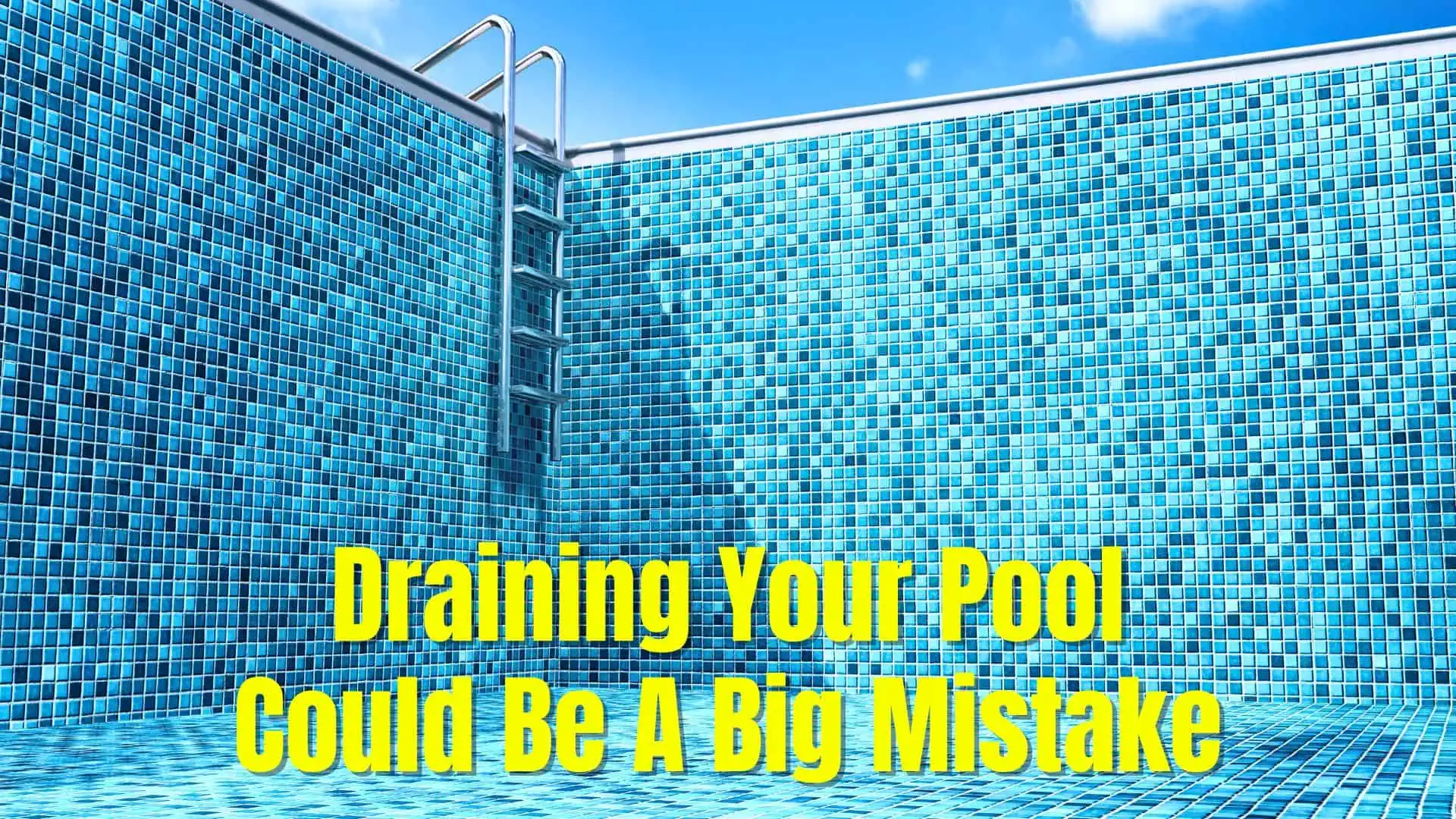

Leave a Reply